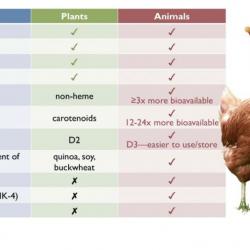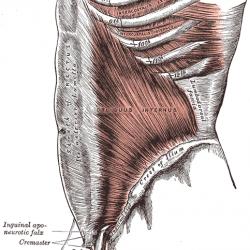Harnessing the Strength of Peer Support in Dual Diagnosis Recovery
Living with a dual diagnosis can be an incredibly tough experience. Dual diagnosis refers to having both a mental health disorder and a substance use disorder simultaneously. Individuals grappling with dual diagnosis often encounter unique challenges as they navigate the complexities of both conditions together. The interaction between mental health and substance use creates a complex cycle, making it even more challenging to achieve and sustain recovery.
One major hurdle faced by those with dual diagnosis is the stigma surrounding mental health and addiction. Society often misunderstands these conditions, leading to judgment and discrimination. People with dual diagnosis may feel alone and burdened, which can hinder their willingness to seek assistance. Moreover, the symptoms of mental health disorders and substance use disorders can overlap, making it hard to distinguish between the two issues and effectively address each one.
The Influence of Peer Support in Dual Diagnosis
In response to these obstacles, peer support has emerged as a potent resource for individuals with dual diagnoses. Peer support involves connecting with others who have faced similar challenges and offering each other encouragement, understanding, and guidance. Peers who have successfully navigated their journey toward overcoming a dual diagnosis can provide valuable insights and inspiration to those still on their path.
The beauty of peer support lies in its ability to create a sense of community and belonging, which many individuals with dual diagnoses often lack. It provides a safe space to openly share their experiences without fearing judgment. Through peer support, individuals with dual diagnoses can find solace in the knowledge that they are not alone in their struggles. This connection with others who truly understand the obstacles of having a dual diagnosis can be highly comforting and empowering.
There are numerous benefits to peer support when dealing with dual diagnoses. First and foremost, it brings hope to individuals' lives. Witnessing others who have triumphed over their dual diagnoses instills a belief that recovery is possible. This hope acts as a driving force, motivating individuals to persevere through the highs and lows of their recovery journey.
In addition to providing hope, peer support offers practical tools and strategies for managing a dual diagnosis. Peers can share their coping mechanisms, techniques for preventing relapses, and strategies for practicing self-care.
Drawing from the experiences of others who have traversed a similar path, individuals can acquire valuable insights and embrace novel approaches to their healing process.
Moreover, peer support nurtures a sense of empowerment. By engaging in peer support, individuals grappling with dual diagnosis gain a feeling of agency and control over their own lives. They actively participate in their journey towards recovery instead of being passive recipients of treatment. This shift in mindset can be transformative, empowering individuals to take charge of their well-being and effect meaningful changes.
The Role of Peer Support in Recovery from Dual Diagnosis
Peer support plays an integral role in the overall recovery process for individuals facing dual diagnosis. It complements and enriches traditional treatment methods like therapy and medication by providing a distinctive form of support from shared experiences. Peer support bridges the divide between professional treatment and the day-to-day trials of living with dual diagnosis.
One vital function of peer support is to provide emotional solace and validation. Peers can empathize with the emotional rollercoaster often associated with dual diagnosis and lend a sympathetic ear when needed. This emotional sustenance can prove pivotal in helping individuals navigate the inevitable highs and lows on their path to recovery.
Additionally, peer support serves as a wellspring of practical guidance and advice.
People facing dual diagnosis can benefit significantly from the support and insights shared by their peers. These individuals have firsthand experience managing triggers, navigating relationships, and maintaining overall well-being. The practical advice they offer is precious.
Various programs and initiatives have been developed to promote and facilitate these connections. Dual-diagnosis peer support programs create structured environments where individuals can engage with their peers while also receiving guidance from trained professionals.
These programs often include support groups, peer mentoring, and educational workshops. Support groups provide a platform for individuals to share their experiences, gain insights from others, and receive encouragement. Peer mentoring connects individuals with more experienced peers who can offer one-on-one guidance and support. Educational workshops equip individuals with the skills and knowledge to manage their dual diagnosis effectively.
In addition to formal programs, online communities and forums are dedicated to dual diagnosis peer support. These platforms offer a convenient way for people to connect with peers from their homes. Online peer support can be particularly beneficial for those who may not have access to in-person programs or prefer the anonymity provided by online platforms.
Peer Support at Wellness Recovery NJ
Your journey towards wellness can begin today with Wellness Recovery NJ. Our holistic addiction treatment and dual-diagnosis plans encourage individuals to grow and achieve their sobriety goals through personalized treatment plans.
Learn more about dual diagnosis peer recovery today with our drug rehab in New Jersey.
More to Read:
Previous Posts:







